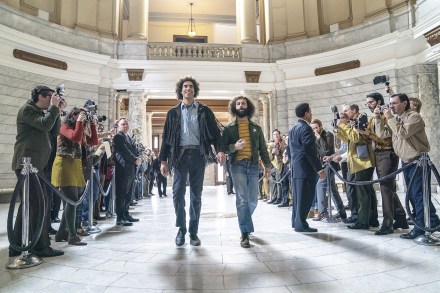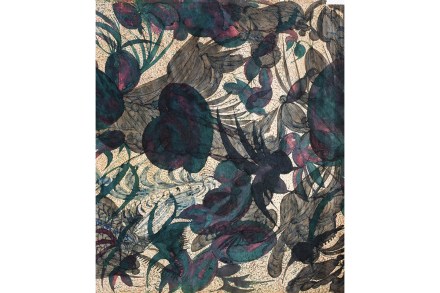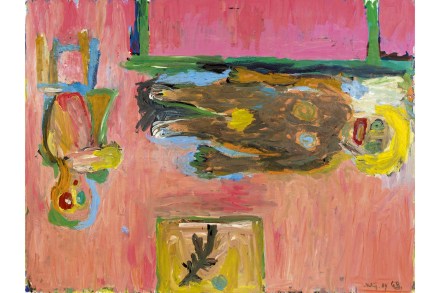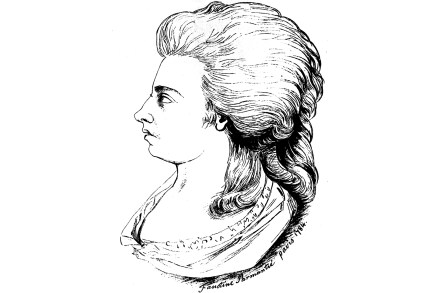One zinger after another – but it’ll leave you cold: Trial of the Chicago 7 reviewed
Aaron Sorkin’s The Trial of the Chicago 7 — don’t worry, you haven’t missed six earlier films — is a courtroom drama based on true events featuring a stellar cast: Mark Rylance, Frank Langella, Sacha Baron Cohen, Eddie Redmayne, Jeremy Strong. You may be wondering: hang on, no Michael Keaton? But he tips up too! What, no Joseph Gordon-Levitt? Don’t worry. He’s here. But while the performances are ace and the script is one of those Sorkin scripts where the dialogue is one zinger after another — zinger ping pong, I call it — it will leave you cold emotionally. This is a film to admire, in some respects, but




















